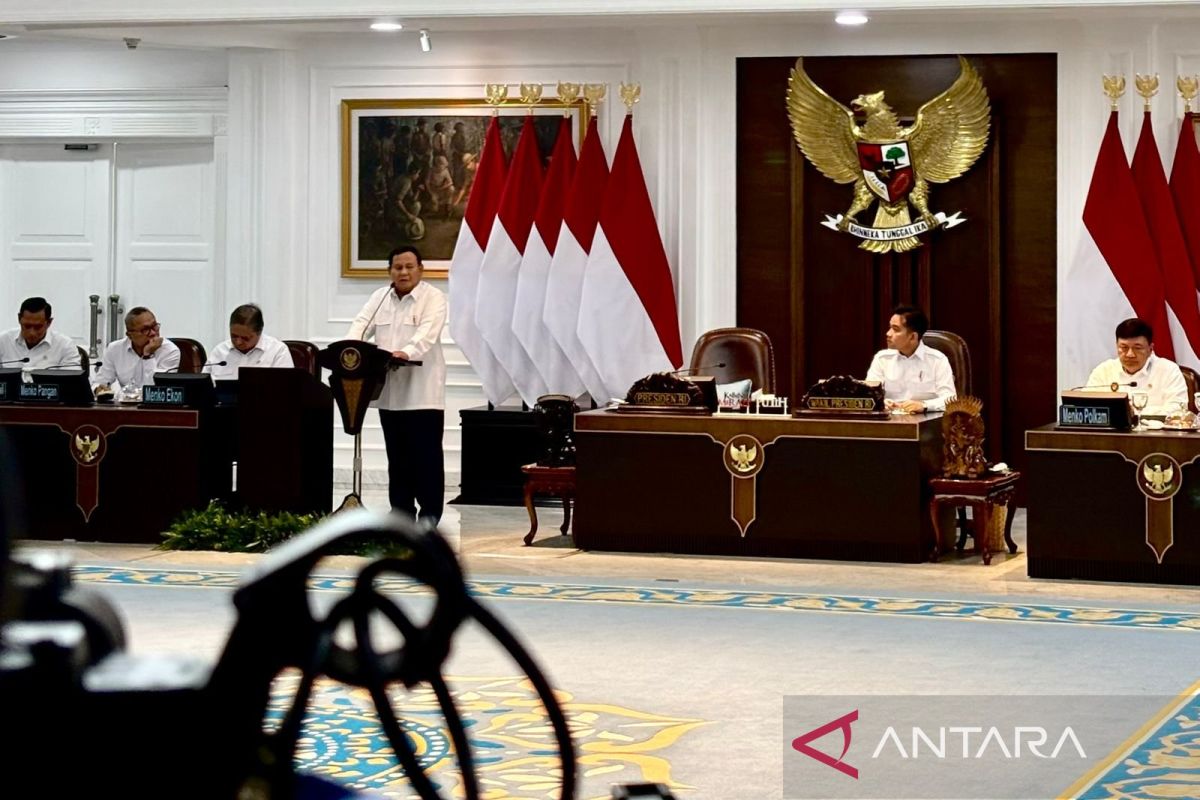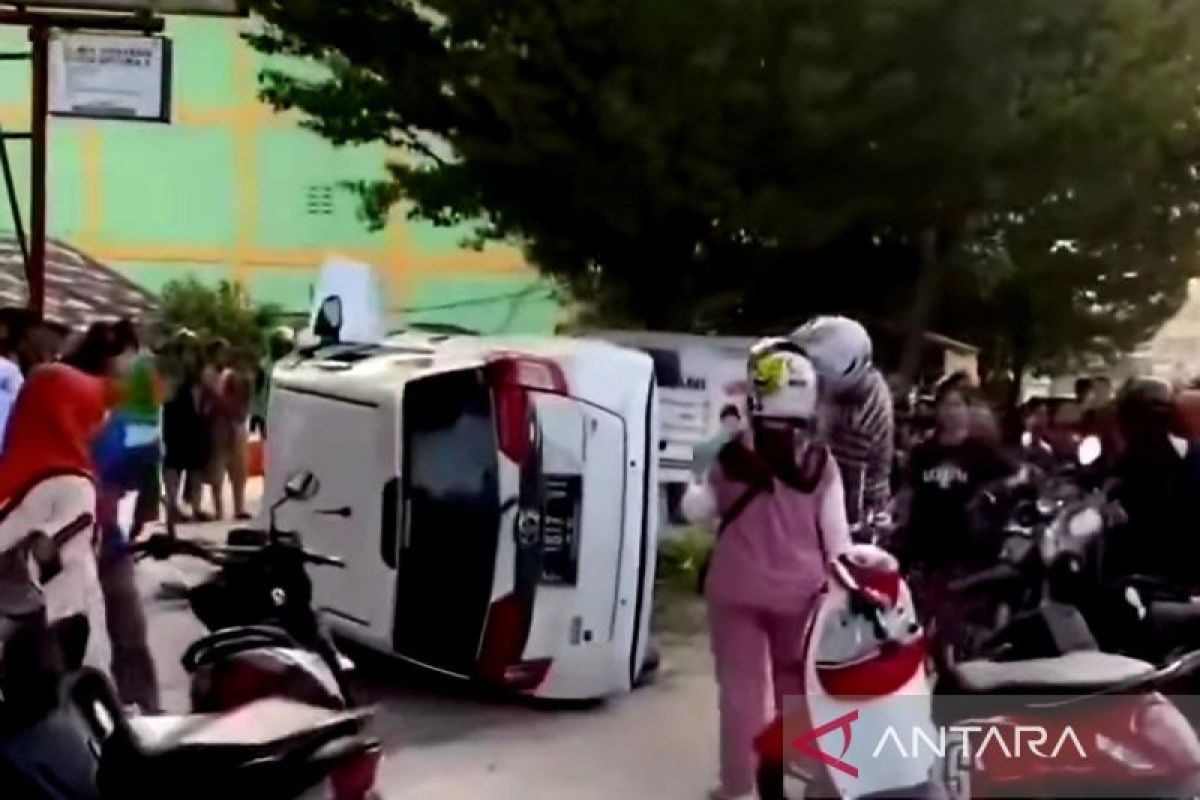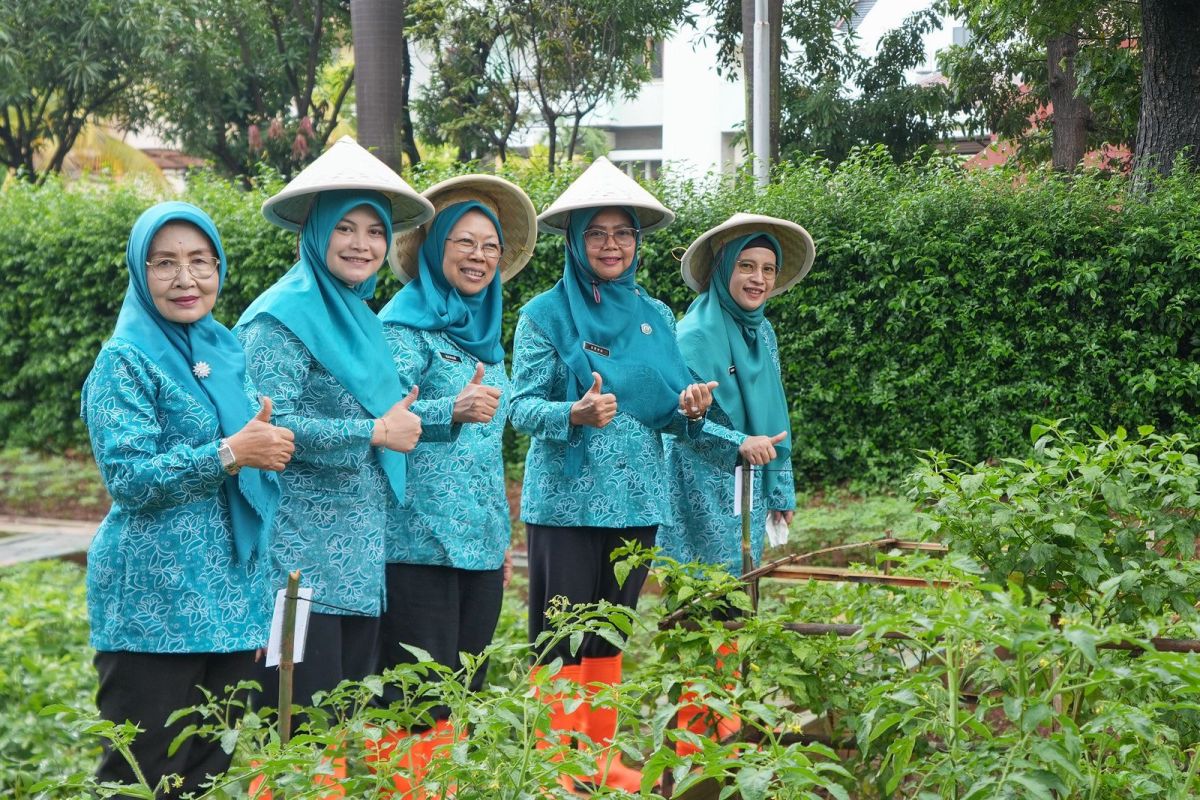Police Enforce E-Ticketing; Manual Ticketing Still Applies for Some Violations
Manual ticketing still applies to several traffic violations that are not detected by the Electronic Traffic Law Enforcement (ETLE) or e-ticketing.

TEMPO.CO, Jakarta - Jakarta Metro Police has implemented an electronic traffic ticket notification system, the Electronic Traffic Law Enforcement (), or , through the WhatsApp application. However, some traffic violations were still manually ticketed.
Manual traffic ticketing targets drivers who use fake license plates and drivers who use stroboscopes that do not match the designation.
In addition, the police could manually ticket drivers who carry loads that exceed the vehicle's capacity and dimensions and motorbike riders who do not turn on their lights during the day as ETLE does not detect these violations.
Jakarta Metro Police Chief of Law Enforcement Department Directorate Adj. Sr. Cmrs. Ojo Ruslani explained that manual ticketing was carried out by a special team under the head of the Traffic Directorate and the head of the Traffic Law Enforcement Sub-Directorate of the Jakarta Metro Police.
He added that the electronic ticketing system would only be applied in the ETLE area under the supervision of Jakarta Metro Police.
There are 10 violations in electronic ticketing, namely riders not wearing helmets, against traffic flow, not wearing seat belts, odd-even policy violations, using devices while driving, violating road markings, exceeding the speed limit, and using bus lanes.
Previously, the authority said it would use an application called 'Cakra Presisi' to support the implementation of electronic ticketing.
"With Cakra Presisi, this validation is automatic, each violator will be sent a confirmation letter," said the Jakarta Metro Police Chief of Traffic Directorate, Sr. Comsr. Latif Usman, on Friday, January 17, 2025.
The system is designed to send information about violations to the vehicle owner's phone number, which was registered when they obtained the vehicle number certificate (STNK). In addition to WhatsApp, notifications will also be sent via email.
This system is based on the phone number data entered by the vehicle owner when processing the STNK, both for new vehicles and for extensions and mutations.
Besides suppressing traffic violations, Latif explained that mobile is also a form of police evaluation of public complaints. He is aware that people do not want to be disturbed by direct contact with the authorities while traveling.
With this mechanism, Latif aims to reduce the number of violations in six months to a maximum of one year. He believes that Jakartans are highly educated and understand the situation.
Editor's Choice:
to get the latest news updates from Tempo on Google News



















